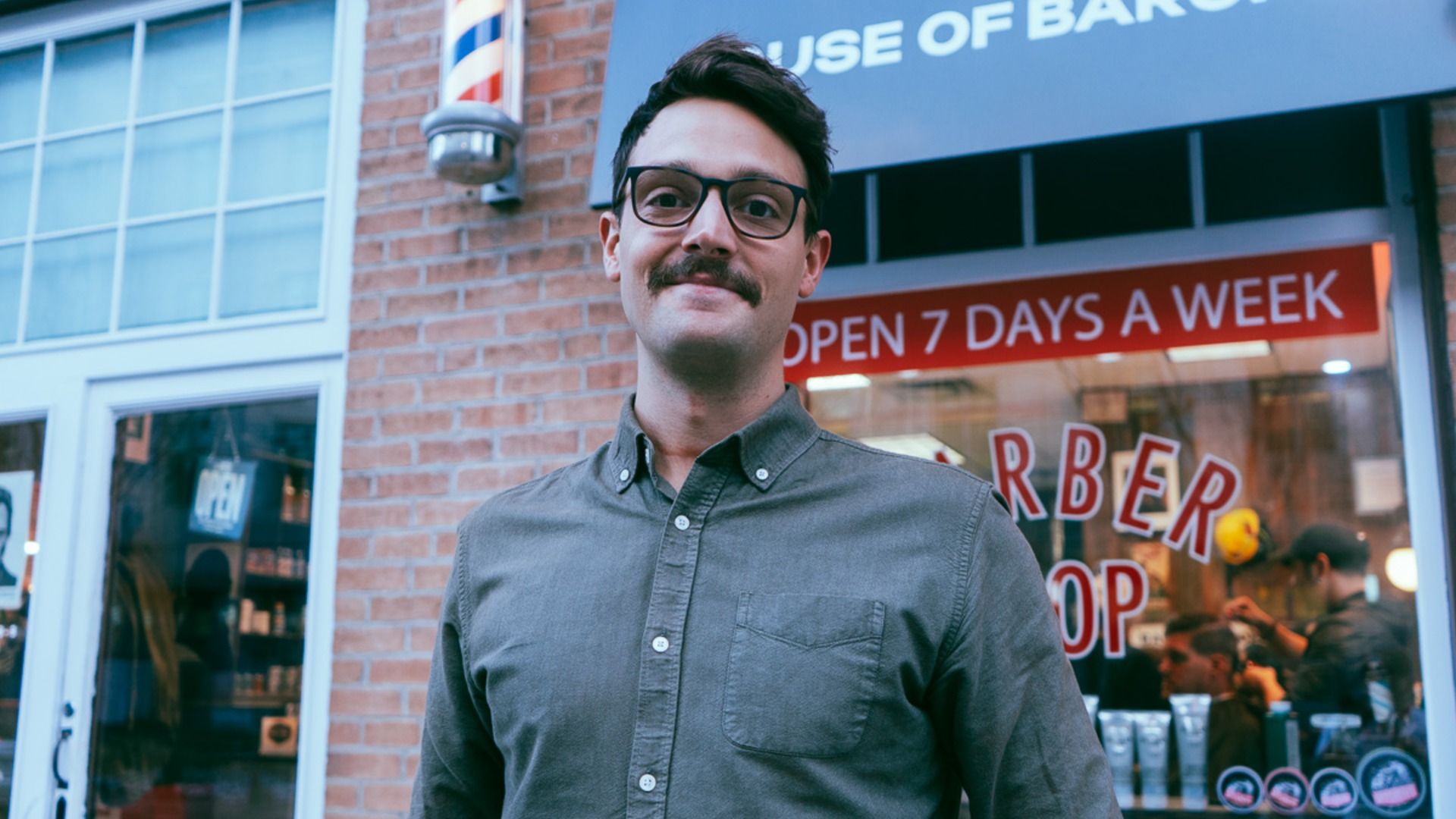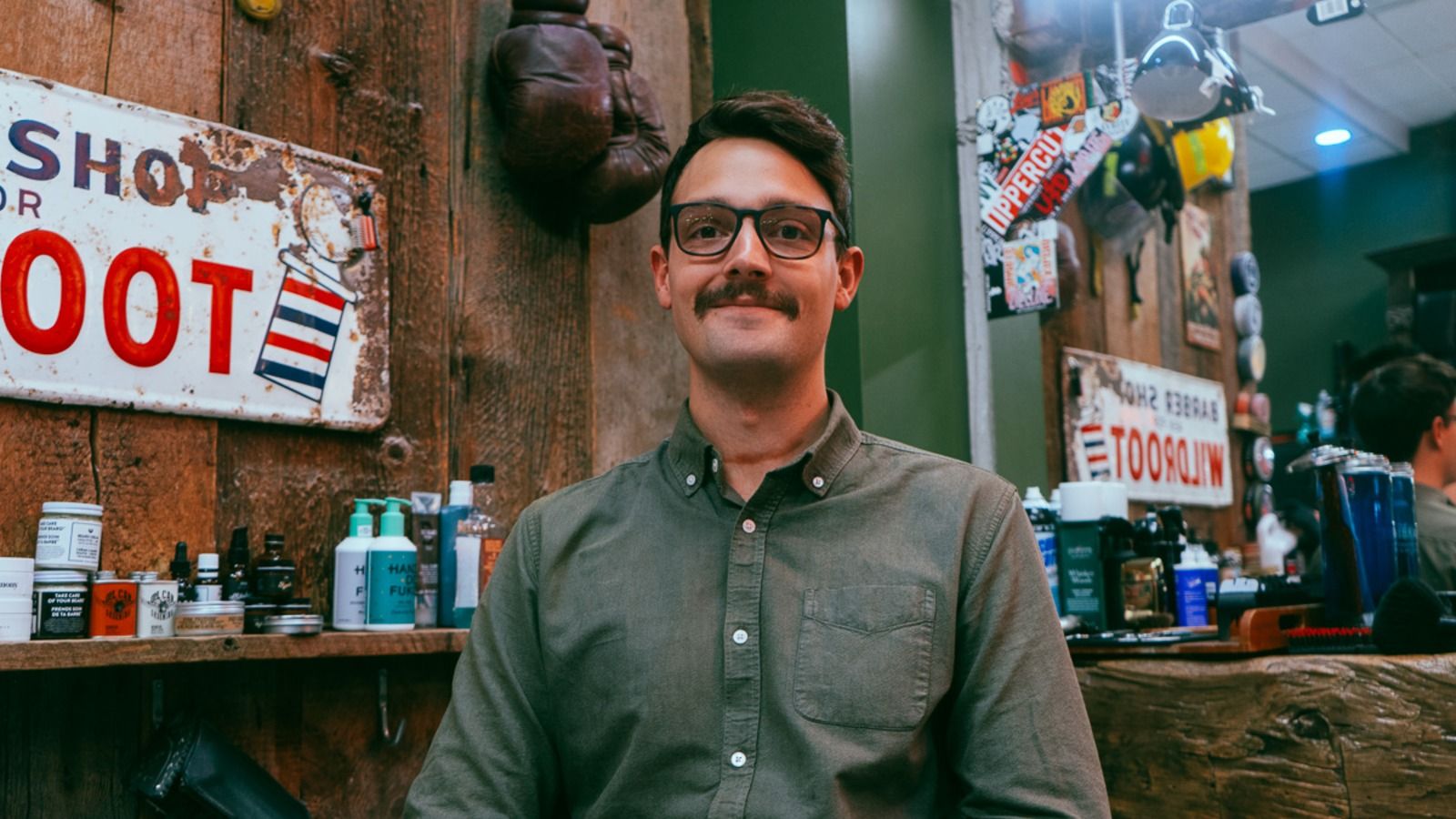


Will's Story: Together we will tackle the issues taking men too early.
I started Movember as a fun team-building exercise in university with my volleyball team; it was a great way to get closer with my teammates, develop leadership skills and have some laughs while raising funds for a great cause. In my second year of university, Movember became so much more. Seven days into that campaign, I went from being an ambitious student-athlete in what were supposed to be the best days of my life, to being hospitalized with a very acute and, at the time, terminal cancer diagnosis.
For years, I had been living undiagnosed with cancer but neither I nor my doctors ever thought to beg the question if my health concerns were something more serious. As a committed athlete and young man looking to make his mark on the world, I wouldn’t let anything slow me down. No ache, pain, fever or lack of sleep would stop me in the pursuit of my goals.
For more than three years before I was diagnosed, I pushed myself and my health so far past the brink that I look back and am honestly surprised I survived. At 20 years old, there were sports, girls, school and a future to think about - and of course, real men don’t show weakness.
When it all started, I was hospitalized abruptly and left in limbo for months waiting on a diagnosis. My family was the definition of support through the biopsies and surgeries. Even still, when finally confronted with my cancer diagnosis, my mind immediately jumped towards protecting them. Men are tough, strong, fearless and immutable in their convictions. Or so I told myself.
" “As a young man, I didn’t even have the vocabulary to begin to articulate what was happening to me in my mind, let alone describe it to my loved ones.” "
The thought of jeopardizing the health and happiness of my family with this news was unbearable. I couldn’t imagine the pressure a young father would feel in this situation. So I decided my only option was to bear the burden alone and protect my family and loved ones from this terrible news.
Throughout my treatment, I was a spokesperson for Movember on campus and the community - espousing the critical importance of men showing true courage and humbling themselves to get their prostates examined, to check their testicles and check in with each other’s mental health.
But I was a hypocrite, from diagnosis until remission - I was lying to my family and hid my diagnosis and treatment from my loved ones.
After 5 difficult years, I was told that I had beat the odds, and was ready to start pursuing a career and my best health. Years of treatment had left me behind my peers career wise. Physically, the treatment had taken its toll and left me dependent on medication for the rest of my life. Despite these challenges, I would come to realize that after years of hiding this disease and isolating myself, the hardest part of my journey with cancer would be re-entering the world and moving on.
More than anything physical, I made a habit out of isolation. Guilt, anxiety and depression that came along with being given the indescribable gift of recovery, while potentially irreparably damaging the relationships closest to me has been the hardest struggle.
Losing connections and meaningful relationships with those around you - teammates, friends, coworkers and family can be just as dangerous as ignoring your health.
Movember to me is about more than just the three pillars we tackle - it’s about breaking down the stigma and barriers created by our preconceptions of what masculinity looks like in action.
Movember makes it as simple as a head nod to another Mo’ Bro on the streets. He’s there for you, you are not alone. Moustache or not.
Each moustache you see throughout Movember is attached to a leader. A modern gentleman taking a stand to show other men there are healthy ways to deal with the toughest issues they face - together we will tackle the issues taking our brothers, fathers and sons from us too early.